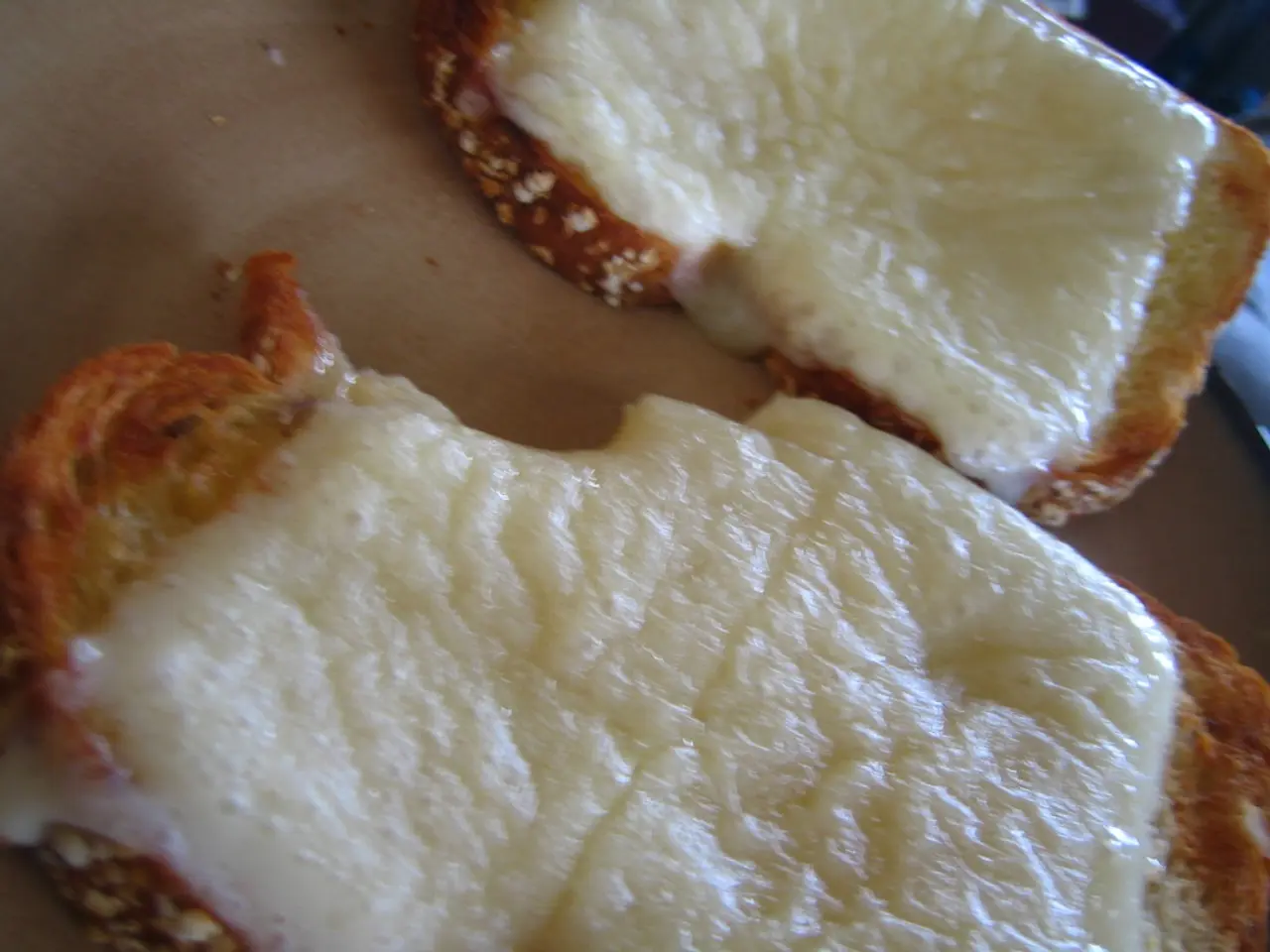Understanding the Overpowering Itch of Atopic Dermatitis and Strategies to Alleviate It
Managing Eczema Itch: A Comprehensive Guide
Eczema, a common form of atopic dermatitis, can cause severe itching that affects the quality of life for many individuals. This itch is the result of hypersensitive immune systems that release chemicals causing inappropriate itching [1]. Here's a guide on how to manage eczema itch, focusing on the treatment of neurogenic and psychogenic itch.
Neurogenic Itch
Neurogenic itch in eczema is often due to nerve irritation or compression. Treatment options include topical therapies, interventional approaches, physical modalities, and skin barrier support [1].
Topical therapies, such as capsaicin cream, can reduce symptoms by depleting substance P from nerve endings, thereby dampening nerve itch signals [1]. Physical therapies like chiropractic care, acupuncture, and transcutaneous electrical nerve stimulation (TENS) may help modulate nerve signaling and reduce itch [1]. For more severe cases, cervical epidural injections or nerve blocks targeting affected nerves can significantly improve or sometimes resolve symptoms [1].
Psychogenic Itch
Psychogenic itch arises from psychological factors such as stress, anxiety, or other emotional triggers. To manage this type of itch, stress management, antihistamines, anti-inflammatory treatments, and skin care aimed at controlling eczema inflammation and barrier dysfunction are essential [2][4][5].
Stress reduction techniques, mental health support, and pharmacologic treatments like antihistamines (e.g., cetirizine, hydroxyzine) can help control itching, especially when allergic or psychogenic components are present [2]. High-potency topical corticosteroids and newer targeted agents like phosphodiesterase-4 (PDE-4) inhibitors can reduce inflammation and itch in eczema [4]. Controlled ultraviolet light exposure and phototherapy can also help in resistant eczema cases [2][4].
General Advice
Avoid scratching eczema itch as it makes the itch worse, can lead to open sores, bacterial infections, and pain. Using rubbing alcohol on eczema is not recommended as it's an irritant that can impair the skin barrier and stir up inflammation [1].
Over-the-counter products like calamine lotion, hydrocortisone cream, or baking soda paste may help tame eczema itch [1]. Moisturizing the skin with a sensitive-skin lotion or cream at least twice a day can help manage eczema itch and prevent future flares [3].
For night-time itch relief, keep the bedroom cool, sleep in loose-fitting, cotton clothing, use clean cotton sheets and blankets, and consider hypoallergenic bedding [1]. For babies and children, all-in-one sleep suits (or sleep sacs) can minimize scratching opportunities, while older children and adults who tend to scratch in their sleep should consider wearing light cotton gloves to bed [1].
In summary, managing eczema itch involves a combination of treatments for neurogenic and psychogenic itch. Neurogenic itch is often treated via topical neuroactive agents, physical therapies, and nerve-targeted interventions, while psychogenic itch primarily benefits from stress reduction, antihistamines, anti-inflammatory treatments, and skin care aimed at controlling eczema inflammation and barrier dysfunction [1][2][4][5].
[1] Dr. Anthony Fernandez, a dermatologist, sees the toll eczema takes on patients' quality of life.
- The comprehensive guide on managing eczema itch emphasizes the importance of stress management, antihistamines, and skin care in treating psychogenic itch, a form of itch caused by psychological factors such as stress, anxiety, or emotional triggers.
- To manage severe neurogenic itch, which is oftendue to nerve irritation or compression in eczema, treatment options including topical therapies, interventional approaches, physical modalities, and skin barrier support may be considered.
- In the pursuit of overall health and wellness, it's crucial to avoid scratching eczema itch, as it can lead to open sores, bacterial infections, and pain, and to moisturize the skin regularly using sensitive-skin lotions or creams to manage eczema itch and prevent future flares, as part of a comprehensive skin-care routine.




